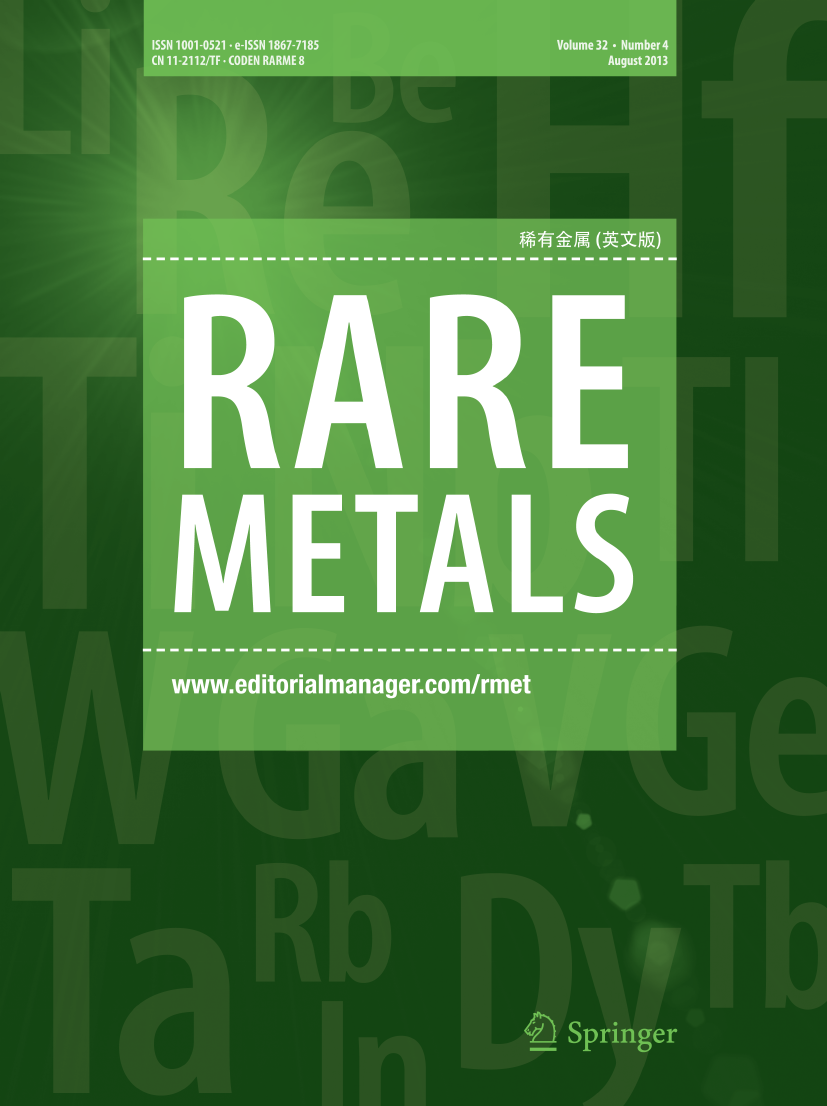Configurational-entropy driven formation of single-phase high entropy carbide nanoparticles for efficient hydrogen evolution
Abstract
Single-phase high-entropy carbides (HECs) are emerging as promising electrocatalysts for the hydrogen evolution reaction (HER) due to their widely tunable electronic configurations and the synergistic effects of multimetallic sites. However, their controllable synthesis and mechanistic understanding remain significant challenges due to the thermodynamic immiscibility of the multi-metallic elements within the carbide structure. In this study, we demonstrate the first successful synthesis of single-phase HECs based on Mo and W systems through an innovative high-entropy design strategy. Guided by comprehensive thermodynamic predictions, the single-phase solid solution formation temperatures were determined for the HEC-n (n = 2–9) series of high-entropy carbides. We achieved the configurational-entropy driven formation of HEC nanoparticles containing 4–9 transition metal elements via an ultra-fast joule heating process (i.e., (TiZrHfVNbTaCrWMo)C). Through rapid synthesis and screening, we obtained (VNbCrWMo)C nanoparticles exhibiting the best HER activities and exceptional long-term stability over 168 h due to high-entropy composition design and synthesis strategies, outperforming unary, binary, ternary, quaternary carbides and carbides with more than six metallic elements. Theoretical calculations and X-ray photoelectron spectroscopy analysis reveal that the (VNbCrWMo)C high-entropy carbide achieves enhanced HER activity through multi-metallic synergy, where constituent elements cooperatively redistribute electron density at catalytic sites. This work provides a new pathway for the rational design of advanced metal carbide electrocatalysts, highlighting the potential of high-entropy effects in tailoring material properties for energy conversion applications.
Graphical abstract

 求助内容:
求助内容: 应助结果提醒方式:
应助结果提醒方式:


